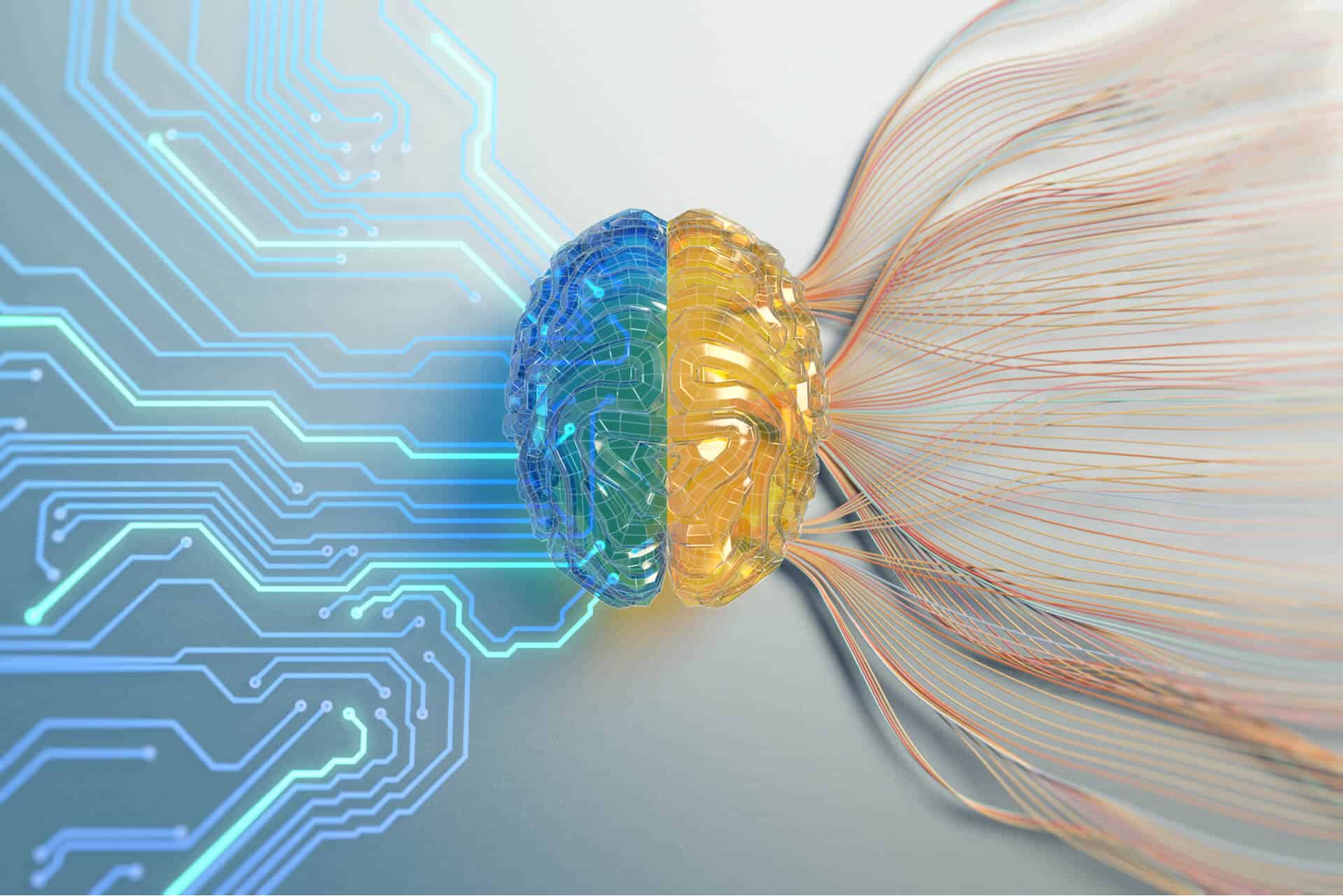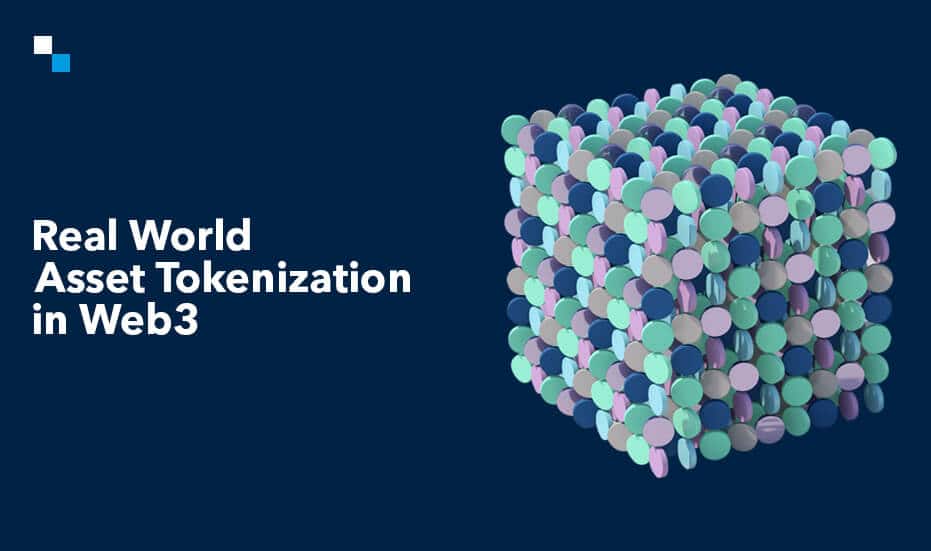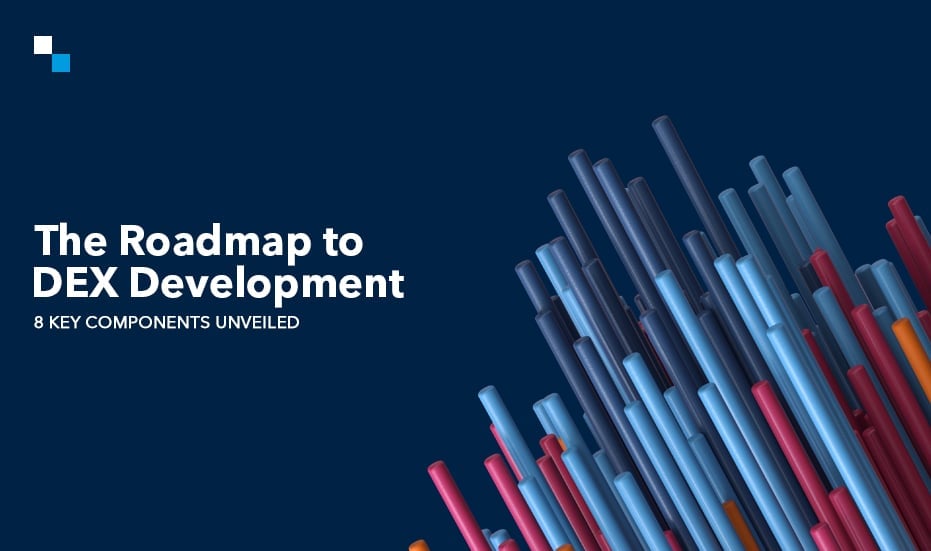Delivering Web3 Strategic Objectives

BLOCKCHAIN
Antier delivers breakthrough blockchain solutions to shape the next generation of enterprises move smarter and faster than ever.

Metaverse
We create the critical mass needed to help organizations mark their breakthrough moments in new virtual environments.

Crypto Solutions
Through the lens of our extensive industry expertise, we offer a customized suite of capabilities designed to address your specific use cases.

Artificial intelligence
We activate next-generation autonomous algorithms and generate highly actionable predictions to achieve true north for your business
BLOCKCHAIN
Antier delivers breakthrough blockchain solutions to shape the next generation of enterprises move smarter and faster than ever.
Metaverse
We create the critical mass needed to help organizations mark their breakthrough moments in new virtual environments.
Crypto Solutions
Through the lens of our extensive industry expertise, we offer a customized suite of capabilities designed to address your specific use cases.
Generating lasting performance for mission critical priorities
Our Partners
Our Partners
Our Clients
Our Clients
We turbocharge your business’s transition to Web 3 with our 15+ years of experience, supported by over 1000 experts and with track record of 1200+ successful enterprise implementations

Driving Ingenuity with Relentless Blockchain Innovation

Ethereum

Polygon

Binance

Solana

Hyperledger
Tron
Avalanche

Polkadot

Cosmos

NEAR
Protocol

Corda

Harmony

Tezos
ZetaChain

Hyperledger
Fabric

Cardano

ICP

Ton

Klaytn

Telos

Ripple
Ethereum

Polygon

Binance

Solana

Hyperledger
Tron
Avalanche

Polkadot

Cosmos

NEAR
Protocol

Corda

Harmony

Tezos
ZetaChain

Hyperledger
Fabric

Cardano

ICP

Ton

Klaytn

Telos

Ripple
Our latest company news, whitepapers, videos, and Insights.
April 25, 2024
April 25, 2024
In our hyper-connected world, our digital identities are like fortresses under siege. Data breaches and identity theft run rampant, eroding trust and […]
April 23, 2024
April 23, 2024
Gone are the days, when medical education relied heavily on textbooks, lectures, and cadaver labs. While these methods provide a solid foundation, […]
April 12, 2024
April 12, 2024
The shackles of the old financial system are starting to crumble. Web3, the wild west of the internet, is emerging as a […]
April 22, 2024
April 22, 2024
The world of cryptocurrency has seen rapid growth in recent years, and decentralized cryptocurrency exchange development has become a major highlight. These […]
April 25, 2024
In our hyper-connected world, our digital identities are like fortresses under siege. Data breaches and identity theft run rampant, eroding trust and […]
Let’s talk about your next big project.







































